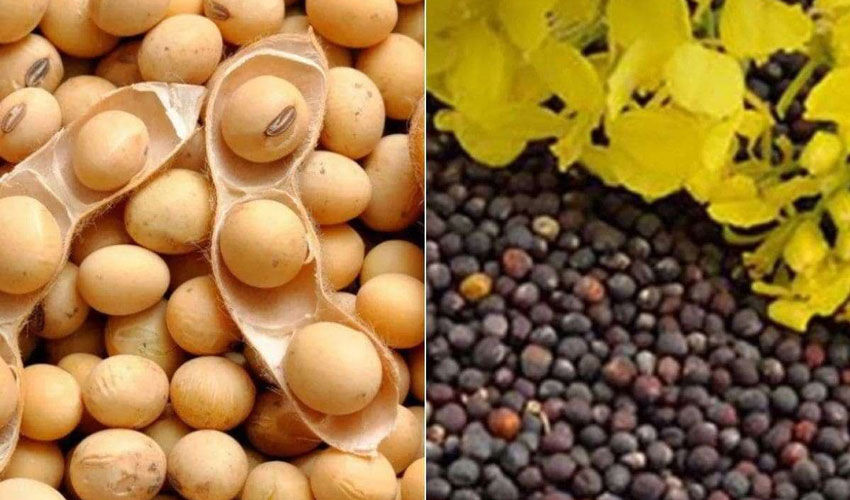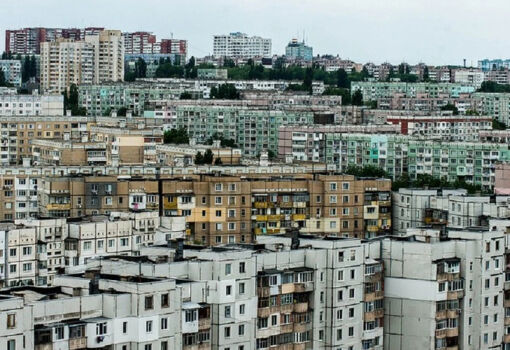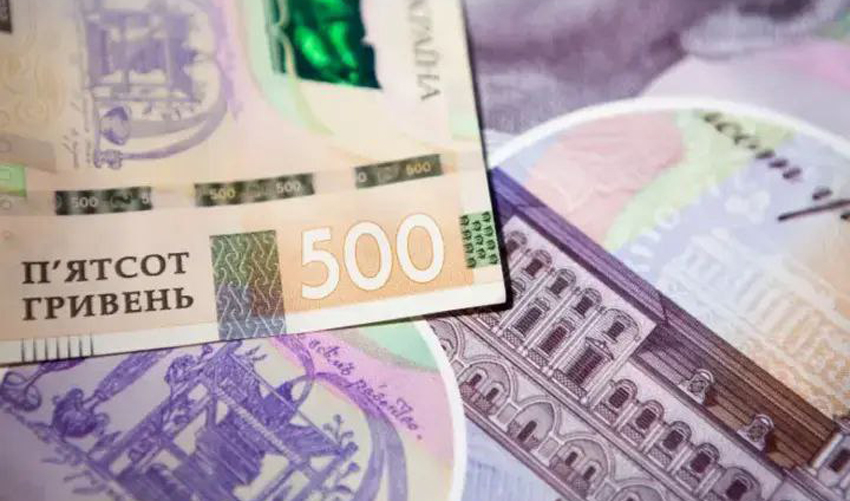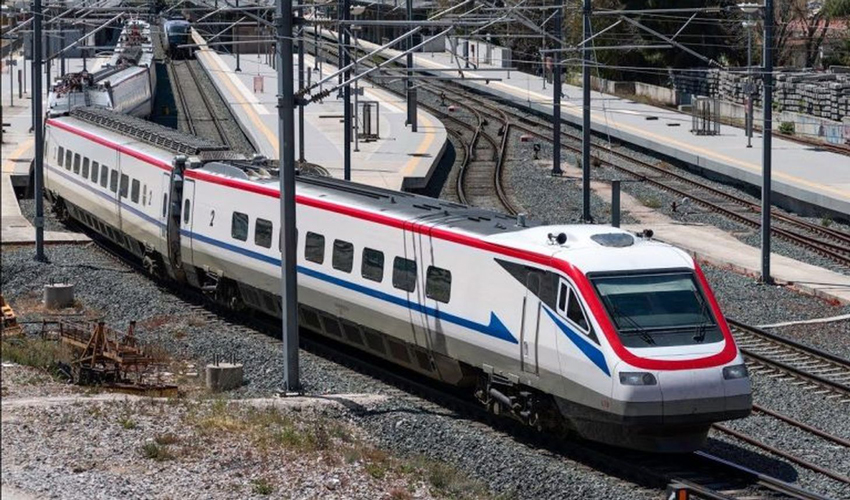
The regulatory measure will be of a long-term nature. The bill provides for a phased reduction of the duty to 5%, starting from January 1, 2030. Obviously, the effect of the duty is directed against “pure traders”, as the export of oilseeds by farmers and agro-cooperatives directly, without trade intermediaries, is not subject to duty. The measure is aimed at supporting domestic processors of soybean and rapeseed. The document also includes an amendment on the creation of the State Fund for Support of Agricultural Producers, which will be filled with proceeds from the export duty. The authors of the bill expect that the duty will help the authorities to fight against schemes of withdrawal of foreign currency proceeds from the country, which are carried out through “gray” exports of agricultural products.
Not everyone in Ukraine found this decision useful for the economy. Earlier, in June this year, the Verkhovna Rada did not support this initiative. Therefore, the “soy amendments” were included in another (signed by the president) draft law. The introduction of export duties was opposed by some Ukrainian business associations, which considered this measure to be favorable to local holdings, discriminatory against small and medium-sized producers, aimed at increasing the income of processors at the expense of farmers, and violating the Ukraine-EU association agreement.
The introduction of the duty on the mentioned agricultural products may in the short term become an additional factor of price increase in the Black Sea countries, including Moldova. On the one hand, it also to some extent creates an advantage for Moldovan rapeseed on the regional market and stimulates its export. In this regard, it is worth considering that in mid-August, the administration of Floarea Soarelui SA officially announced the launch of a new industrial complex for rapeseed processing with a capacity of 1 thousand tons of raw material per shift. The company plans to process 45 thousand tons of rapeseed by mid-September. It is not profitable for the processor to increase rapeseed prices inside Moldova.
On the other hand, in case of appearance of favorable (in terms of price) offers on rape supplies from Ukrainian holdings to the Moldovan market of oilseed raw materials, its operators may well accept such offers.













